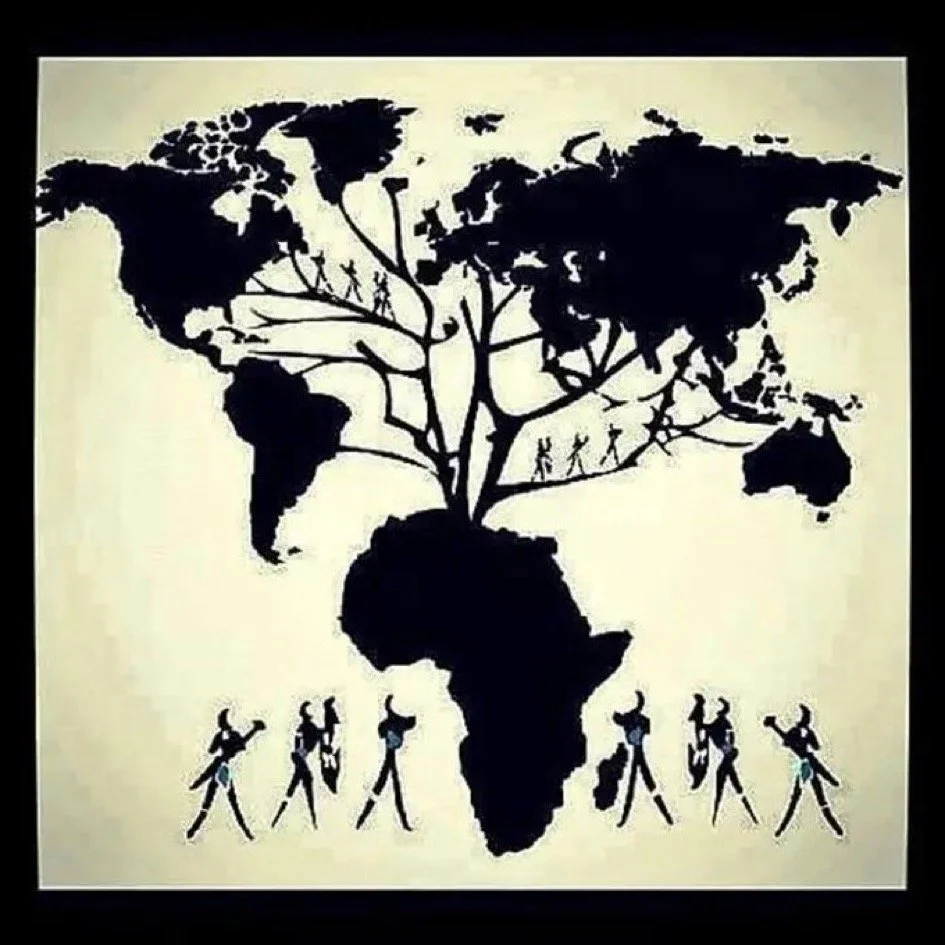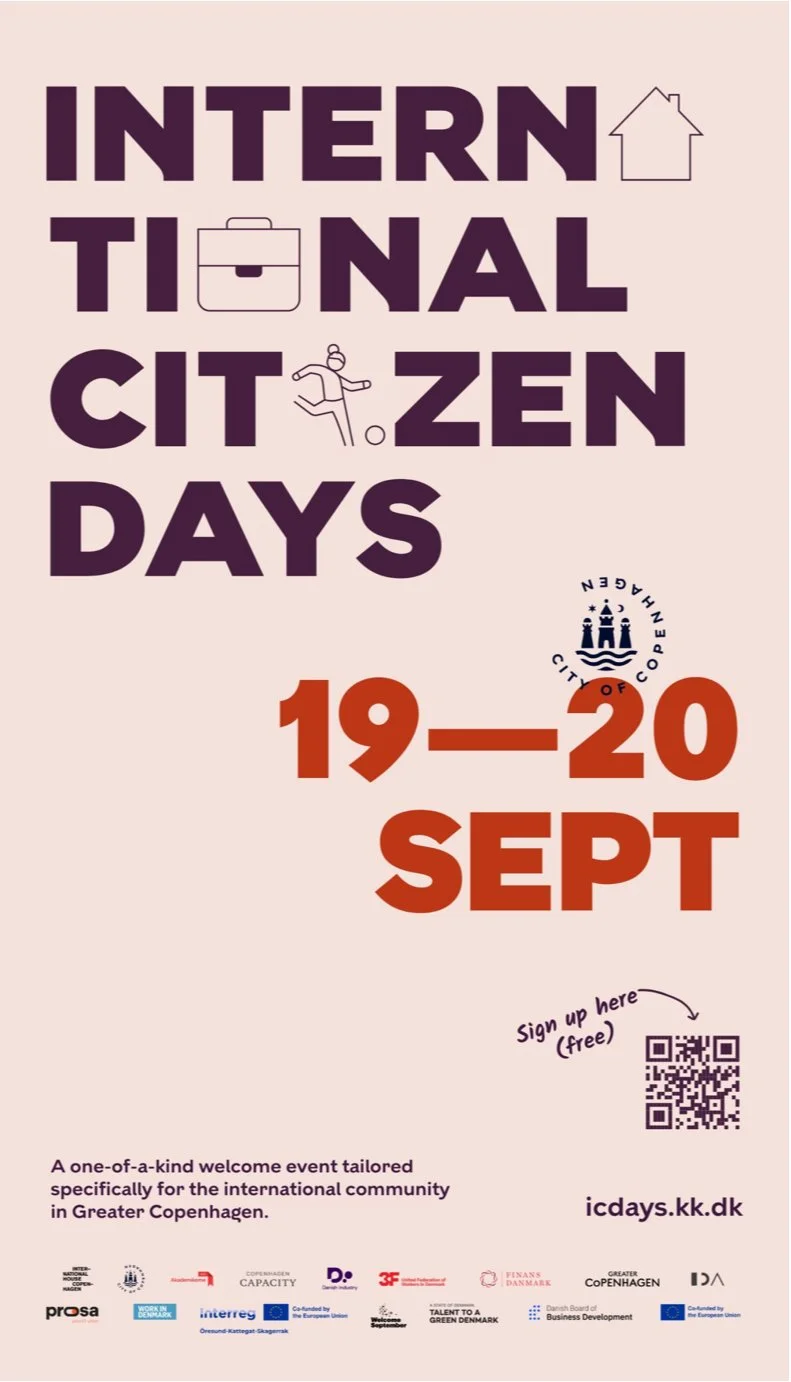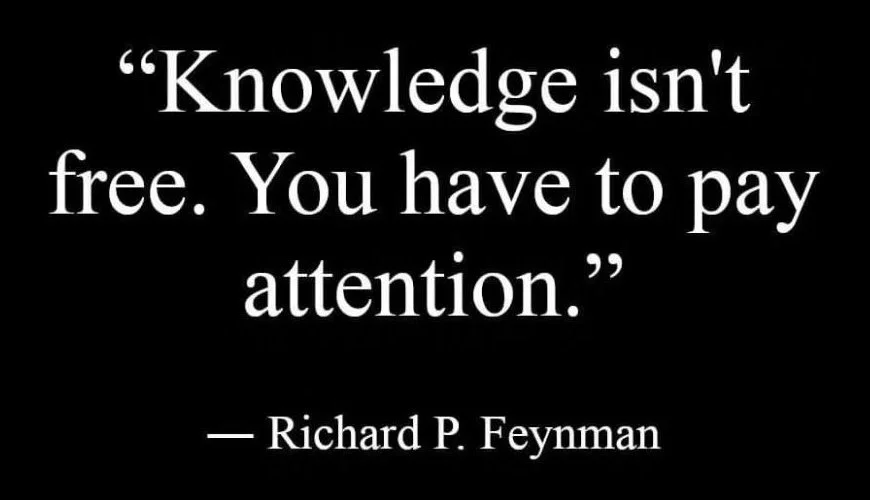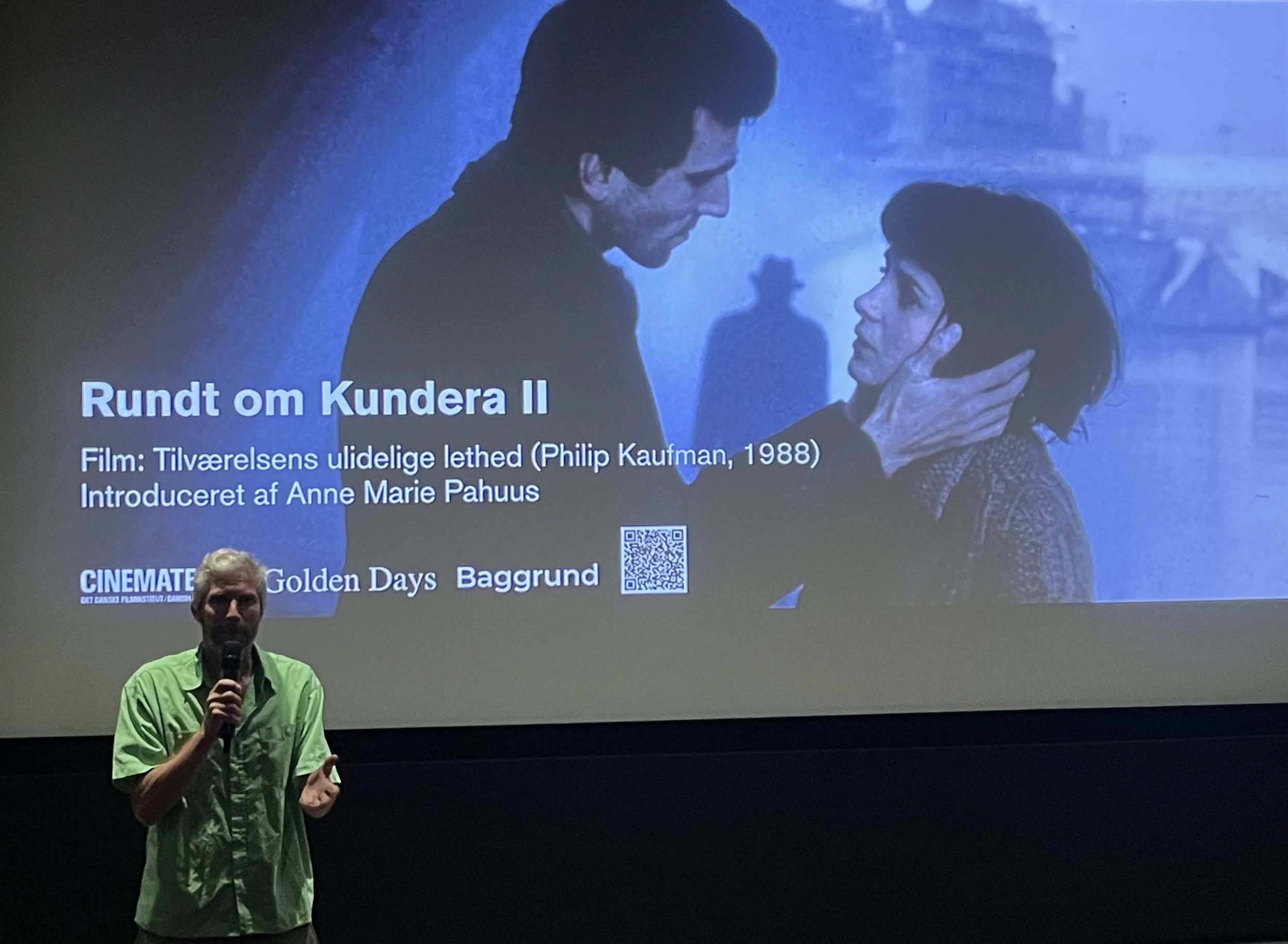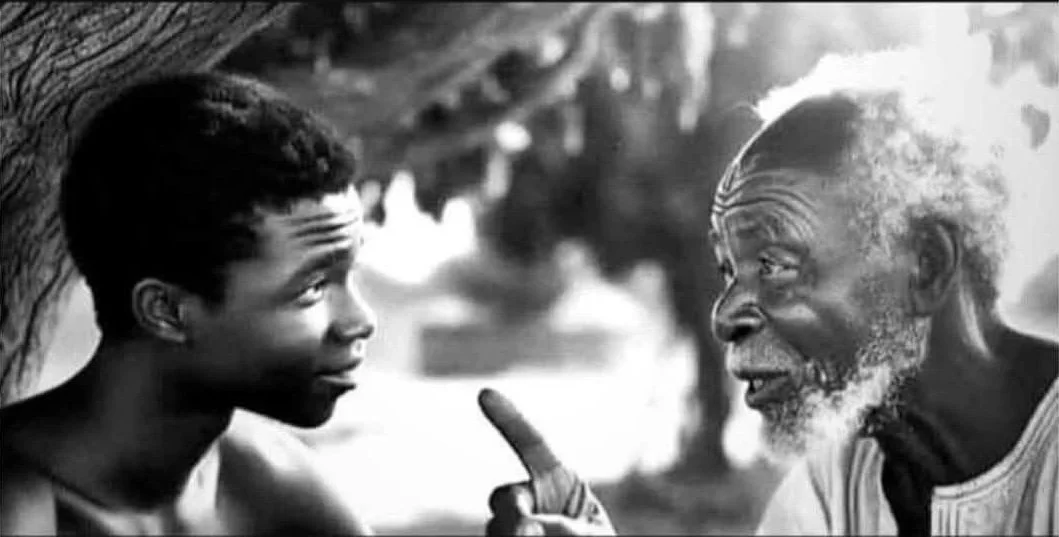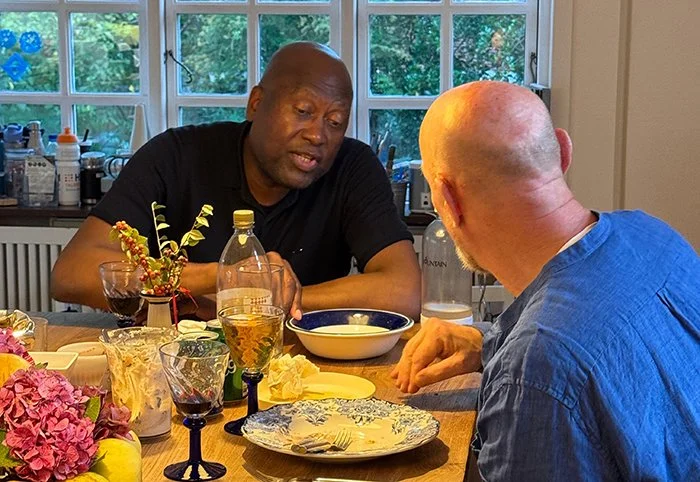Denmark is facing a significant challenge in retaining internationals with Copenhagen Capacity’s recent Export Survey 2025, highlighted that 50% of internationals leave within 5 years.
Dansk Erhverv states that internationals contribute over 361 billion DKK to the Danish economy with over 330,000 internationals in full-time employment based on Q1 and Q2 2025 figures. The big question is why is workplace inclusion so hard to implement?
Mirroring others
If you grew up in a smaller town, I don’t think that you would have had the same level of stimulus as people in London or other big cities. One of the quiet revolutions of the past 20–30 years is how digital technology has closed that gap, giving everyone access to the same information, opportunities, and inspiration, no matter where they live. Now how are you going to use this new knowledge?
Life learnings
I have learned to pause before reacting.
I have learned to choose patience over anger.
I have learned to control my tongue, not by dominating the conversation or trying to prove that I am right, but by truly listening.
What have you learned?
““Prejudice is an emotional commitment to ignorance.””
A proverb with meaning
““Give a man a fish and you feed him for a day. Teach him how to fish and you feed him for a lifetime.””
The underpinning philosophy is still enlightening to this day, even though this proverb is from thousands of years ago. In today’s context, truly empowering communities means working with local partners at the forefront and supporting their needs. Often, it requires you to resist the urge to present yourself as the agent of change, taking a step back and sitting in the background. I think real impact comes from enabling others to lead.
International Citizen Days
The Copenhagen Municipality are doing their best to integrate international. You can find BPoC on Stand D32 today and tomorrow.
White is also a colour
At the Brotherhood for Professionals of Color (BPoC), we know that being ‘of colour’ is not limited to being Black. Our community reflects many shades of brown and beyond. While society often simplifies identity into boxes, we stand for a richer truth: diversity includes a spectrum. AI think white is a colour too. What matters most is not the shade of our skin, but the shared commitment to equity, respect, and belonging.
The CEO of Black Rise
Research shows that there are 60.000 thoughts going through your brain everyday. Let me know what you think about Flavilla’s network - Black Rise.
The curse of knowledge
As leaders, we often forget what it was like to begin. The uncertainty, the fear of making mistakes, and the challenge of navigating unfamiliar ground. This is the “curse of knowledge”: once we have mastered something, it feels so obvious that we assume others must see it the same way. We underestimate how valuable our experience, insights, and guidance actually are. The danger is that we stop teaching, mentoring, or coaching because we believe what we know is “too obvious” to be worth sharing.
We have to remember that what feels simple to us may be transformative for someone else. I think great leadership means remembering the beginner’s perspective and having the humility to meet people where they are.
Sharing my thoughts
I want to spend my time doing work that matters for people who care, and I ask these questions on a daily basis:
- Who am I here to serve?
- What change do I seek to make?
In the knowledge that the right clients come when I do meaningful work for the right ones. Contact me via email if you would like to book a complimentary 30 minute session.
““Everything I lose creates space for everything I need.” ”
Develop your skills
Investing in coaching is one of the best investments you can make if you are a leader, manager, or aspire to become one. How much time do you spend coaching your direct reports?
Here are 10 essential coaching skills to develop:
1. Empathy – Put yourself in their shoes.
2. Self-management – The ability to regulate your own emotions and behaviour.
3. Building trust – The foundation of all relationships.
4. Observational skills – Accurately reading situations and people.
5. Planning – Increasing the likelihood of reaching goals.
6. Active listening – A core skill for effective coaching.
7. Communication skills – Explaining clearly and holding others accountable.
8. Encouragement and praise – Reinforcing effort and growth.
9. Honest, useful feedback – Delivered constructively to drive improvement.
10. Analytical and problem-solving skills – Supporting others to find solutions.
Forthcoming podcast
Are you taking responsibility for your life?
What is perfect about this?
How do I want to feel?
What is funny about this?
What can I give?
What can I learn from this?
What’s the solution to this problem?
What is the good news?
Watch out for UPWARD Conversation.
Awareness is everything
Thoughts can influence feelings, which in turn can affect actions and outcomes. To obtain effective answers, it is beneficial to ask clear and thoughtful questions. For example:
· What am I thinking?
· Why am I choosing to think this?
· What does this thought evoke?
· What thought is causing this feeling right now?
I think when you ask a great question, you come up with great thoughts to think.
Context before content
White privilege is not saying your life has not been hard, it’s saying your skin colour hasn’t contributed to the difficulty of your life. I understand that your life as a white person may be hard because life is hard, but your whiteness isn’t what has made your life any more difficult. Whereas a Black person, your blackness has contributed to your difficulty. I think privilege is immunity from certain punishment or special access granted to certain things.
What are you doing with your privilege?
I say to my white friends and family members don’t feel guilty because you are white, I say use your privilege for the benefit for those that don’t have it.
The Unbearable Lightness of Being
Historically DEI has been an add on to HR and people management roles, however, post COVID that has changed and we are seeing more defined roles with clear roles and responsibilities. The path to working in the DEI space can vary significantly, I know plenty of people who entered the space through recruiting, HR, L&D, psychologist, etc. I came in through with my creative identity and commercial experience and simply wanted to make a transition into the DEI space. I think it’s important to identify your existing transferable skills and then work on strengthening the others you don’t have. What do you think?
It's your responsibility
Traditional engagement surveys often ask passive questions, and when people respond negatively, they tend to blame the environment. This teaches employees to complain rather than reflect. A more powerful approach is to ask active questions for example:
Did I do my best to be engaged today?
Did I do my best to find meaning?
Did I do my best to build positive relationships?”
Instead of waiting for the company to “engage them,” individuals are encouraged to take ownership of their own engagement. I think true growth happens when people move from blaming circumstances to taking personal responsibility for how they show up each day. What do you think?
Grounded presence
Who are the key stakeholders, and what behaviours do they want to see change?
That’s the question I help very successful leaders answer. My work focuses on achieving positive, long-term behavioural change, the kind that others notice and value. Even though my background is in marketing, branding, and communication, I don’t position myself as “the expert with all the answers.” Instead, I guide leaders to seek feedback, build effective follow-up processes, and take ownership of their development.
I am not in the saviour business so I choose to work with good people who genuinely care. And I don’t do this for status or fame, I do it because I believe leadership has the power to make the world a better place.
Who are you?
Radical self-acceptance is the ability to recognise who you are, acknowledge the unique value you bring, and trust in that value. It means accepting yourself at your current stage of the journey, while remaining confident that you have what you need to continue growing and developing. Are you interested in hearing more? Contact me via email if you would like to book a complimentary 30 minute session.
Ask better questions
We often think of professional coaching as a modern tool for leadership and performance, but its roots run deep. Centuries ago, Socrates was already demonstrating the power of dialogue by creating awareness, challenging assumptions, and awakening responsibility. For example:
- Instead of giving answers, he asked questions.
- Instead of teaching, he invited reflection.
- Instead of imposing truth, he guided others to discover it for themselves.
I think philosophy and ethics are inseparable from coaching. Some may dismiss them as abstract or tedious, but I see them as bold and transformative. Why? Because they challenge mindsets and behaviors at their very core which is also the essence of what I do as a coach.
Looking through different lens
How would the world be worse off if we did not exist?
In leadership coaching, this is a powerful question. Purpose is the competence of what you deliver as a leader. Culture is the intent behind how you lead others. And cause is the wider good you aspire to create through your influence.
Sustainable leadership shows that it’s possible to do well by doing good. Cultural diversity, for example, isn’t just about representation, it’s about fostering inclusiveness and valuing both differences and similarities within teams. Research shows that people, especially younger generations, are more engaged and committed when they believe in a cause-driven purpose. I think this only works when leaders demonstrate authenticity and coherence. Claiming to be “purpose-driven” isn’t enough; it must be visible in the way you lead, the culture you build, and the impact you create.
Humans are interlinked
Ubuntu means I am because we are, and because we are, you are.
It speaks to the interconnectedness of humanity and reminds us that our growth is tied to the wellbeing of those around us. In coaching, this principle is powerful, for example, thriving in a new role, culture, or environment often comes from finding your tribe and building supportive relationships. I think that when you surround yourself with people who understand and challenge you, you gain confidence, a stronger sense of belonging, and the resilience to succeed wherever you are.
Contact me via email to book a free confidential 30 minute call where we can discuss what support you are looking for, and how I could help.


